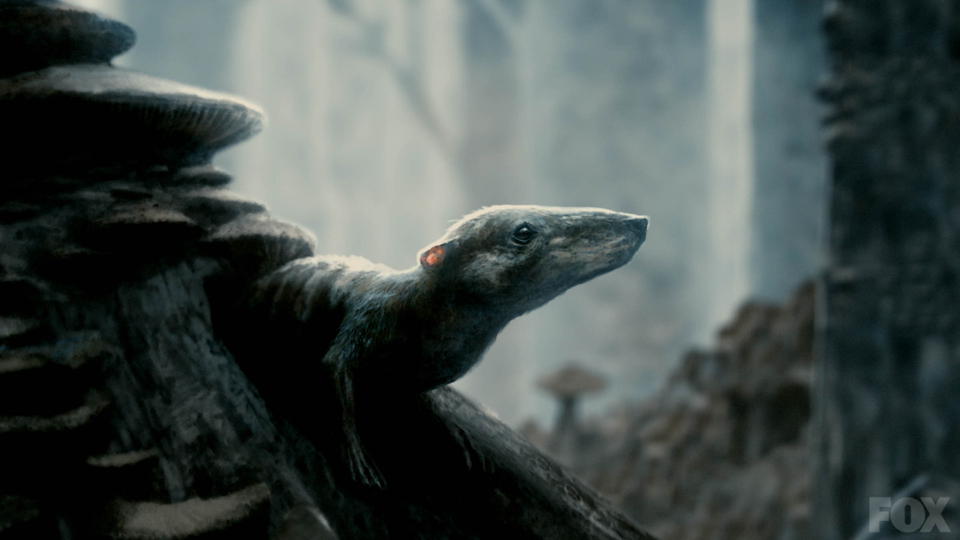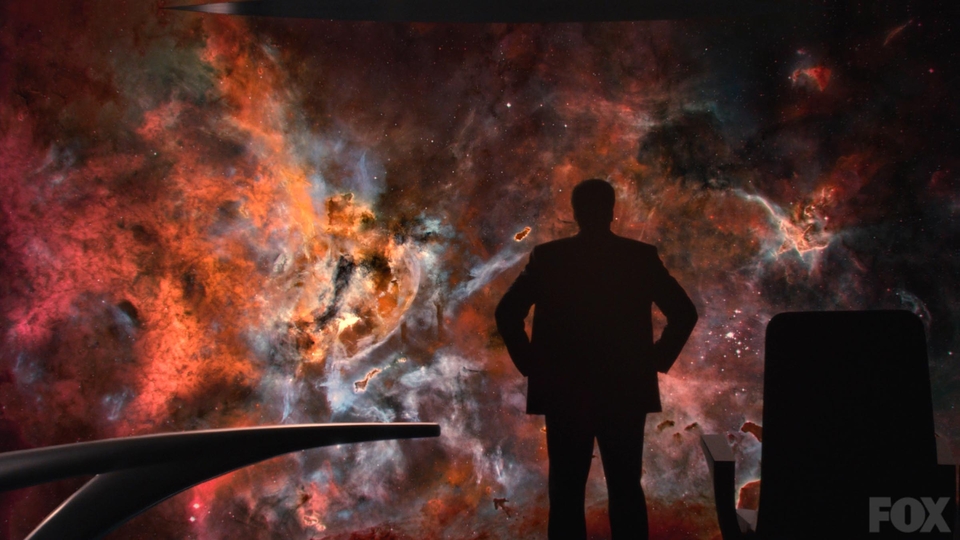"…life does not consist mainly—or even largely—of facts and happenings. It consists mainly of the storm of thoughts that is forever blowing through one’s head."
—Mark Twain
Think for a moment about what it's like to die.
Don't worry about how you got that way; there's no need to be gruesome! Just think about what it would be like to experience the moment or process of death, absent all of the messy, external confusions. If you think there is an experience of being dead that comes afterward, try and imagine that experience. Consider what you could imagine others coming up with in response to such a question. Imagine what your friends might think of death. Picture the death experience of anyone else—a psychic medium, a skeptic, a clergyman, an atheist, a neurologist, a suicide bomber—and just come to a conclusion about which one you think is most likely to be the actual experience for you before you read any further, OK?
Good. Now think of your favorite animal with a silly hat on. You just died. How was it?
Obviously you're not dead and you didn't just die insofar as we understand those words at the moment, but what I'm going to try and convince you of over the course of this blog post is that death (the root experience, not all the moaning and groaning leading up to it) is not really any different from the moment between two thoughts.



